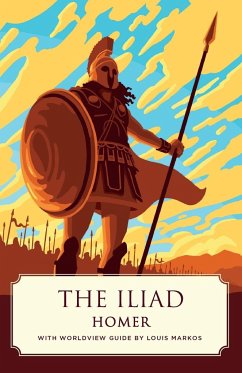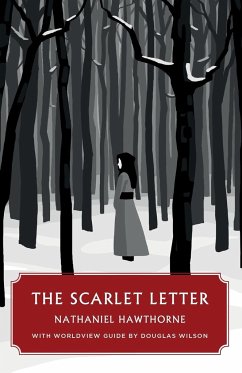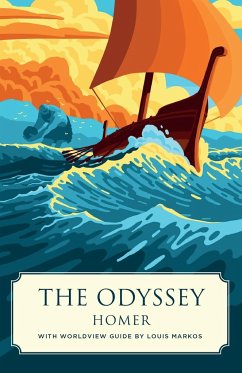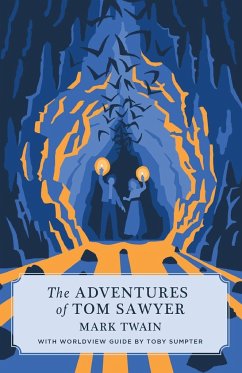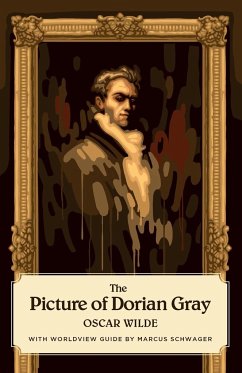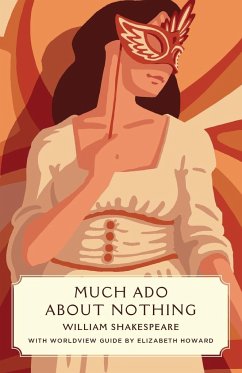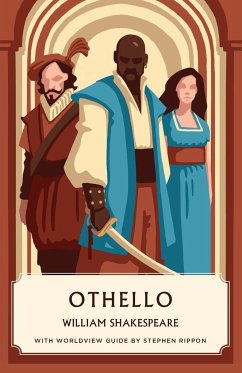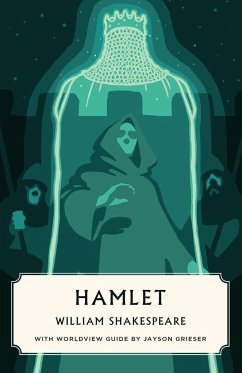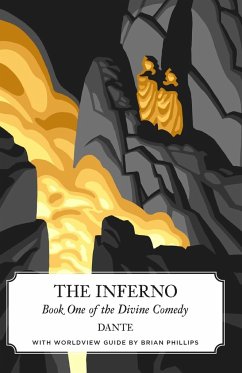
The Inferno (Canon Classics Worldview Edition)
Versandkostenfrei!
Versandfertig in 1-2 Wochen
15,99 €
inkl. MwSt.

PAYBACK Punkte
8 °P sammeln!
"I love Dante almost as much as the Bible. He is my spiritual food, the rest is ballast." -James Joyce "Many authors have taken their readers on fascinating journeys into the afterlife, venturing to heaven, hell, hades, or other spirit worlds. And while such stories are numerous, none of them approach the beauty and influence of Dante Alighieri's Divine Comedy-an epic poem that has stood the test of time, captured imaginations for centuries, and calls the reader to ponder life's (and death's) most important questions." -From Brian Phillips's Introduction Dante's epic journey to Hell and back i...
"I love Dante almost as much as the Bible. He is my spiritual food, the rest is ballast." -James Joyce "Many authors have taken their readers on fascinating journeys into the afterlife, venturing to heaven, hell, hades, or other spirit worlds. And while such stories are numerous, none of them approach the beauty and influence of Dante Alighieri's Divine Comedy-an epic poem that has stood the test of time, captured imaginations for centuries, and calls the reader to ponder life's (and death's) most important questions." -From Brian Phillips's Introduction Dante's epic journey to Hell and back is full of grotesque images to rival any horror movie. However, these images are not merely served up to disgust the reader, but to reveal the ugliness and hatefulness of sin. Dante travels through seven circles in which each of the seven deadly sins is punished, but surprisingly none of the inhabitants of hell regret their location. As C.S. Lewis once said, "Hell is locked from the inside." This sulfurous Canon Classic is one of the greatest poems of world literature, and at its heart is a deeply Christian theme. The Canon Classics series presents the most definitive works of Western literature in a colorful, well-crafted, and affordable way. Unlike many other thrift editions, our classics are printed on thicker text stock and feature individualized designs that prioritize readability by means of proper margins, leading, characters per line, font, trim size, etc. Each book's materials and layout combine to make the classics a simple and striking addition to classrooms and homes, ideal for introducing the best of literary culture and human experience to the next generation. This Worldview Edition features an introduction divided into sections on The World Around, About the Author, What Other Notables Said, Setting, Characters, & Plot Summary, Worldview Analysis, and 21 Discussion Questions & Answers.



